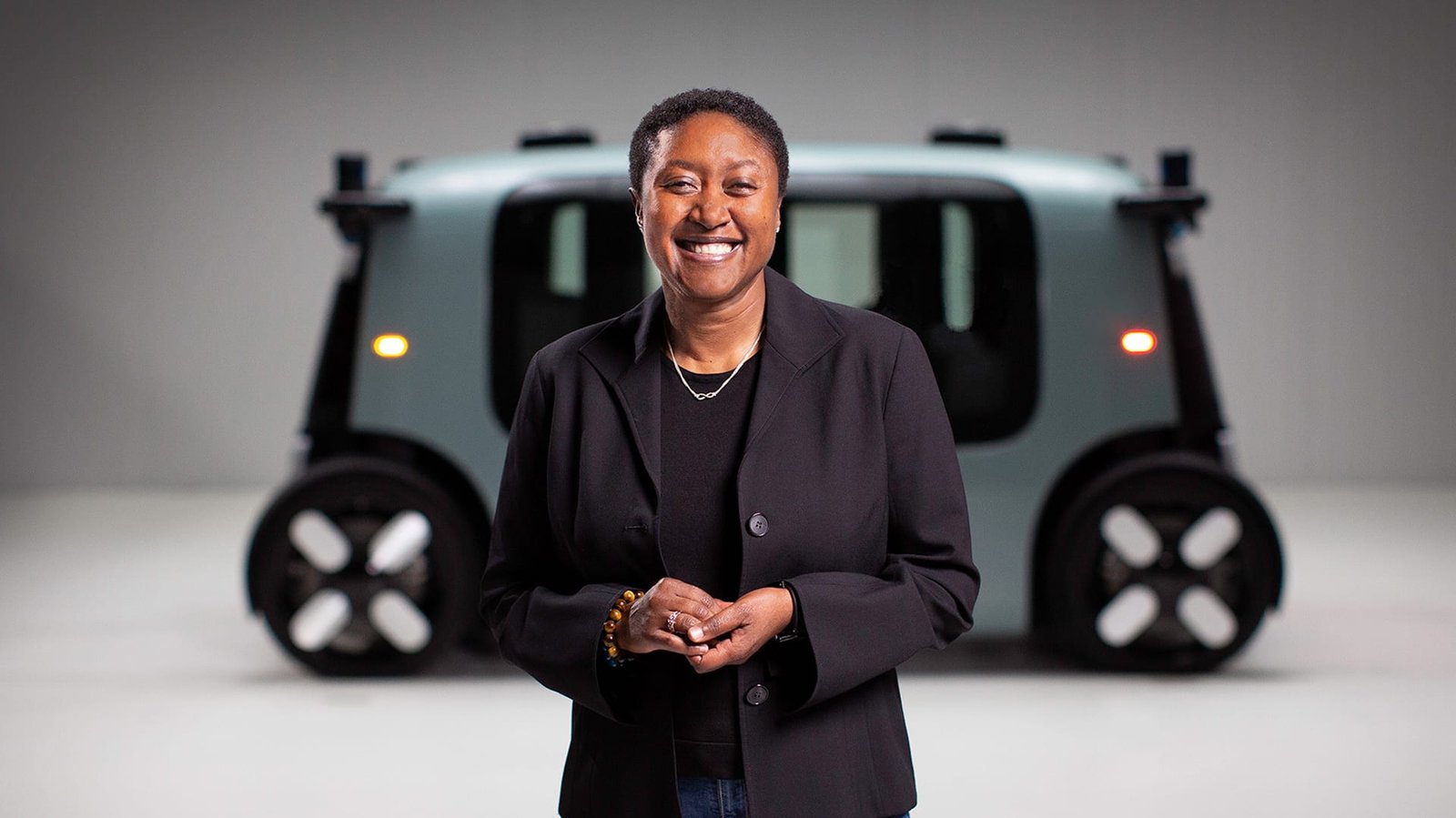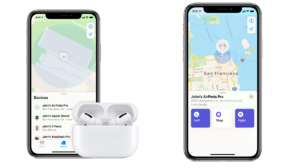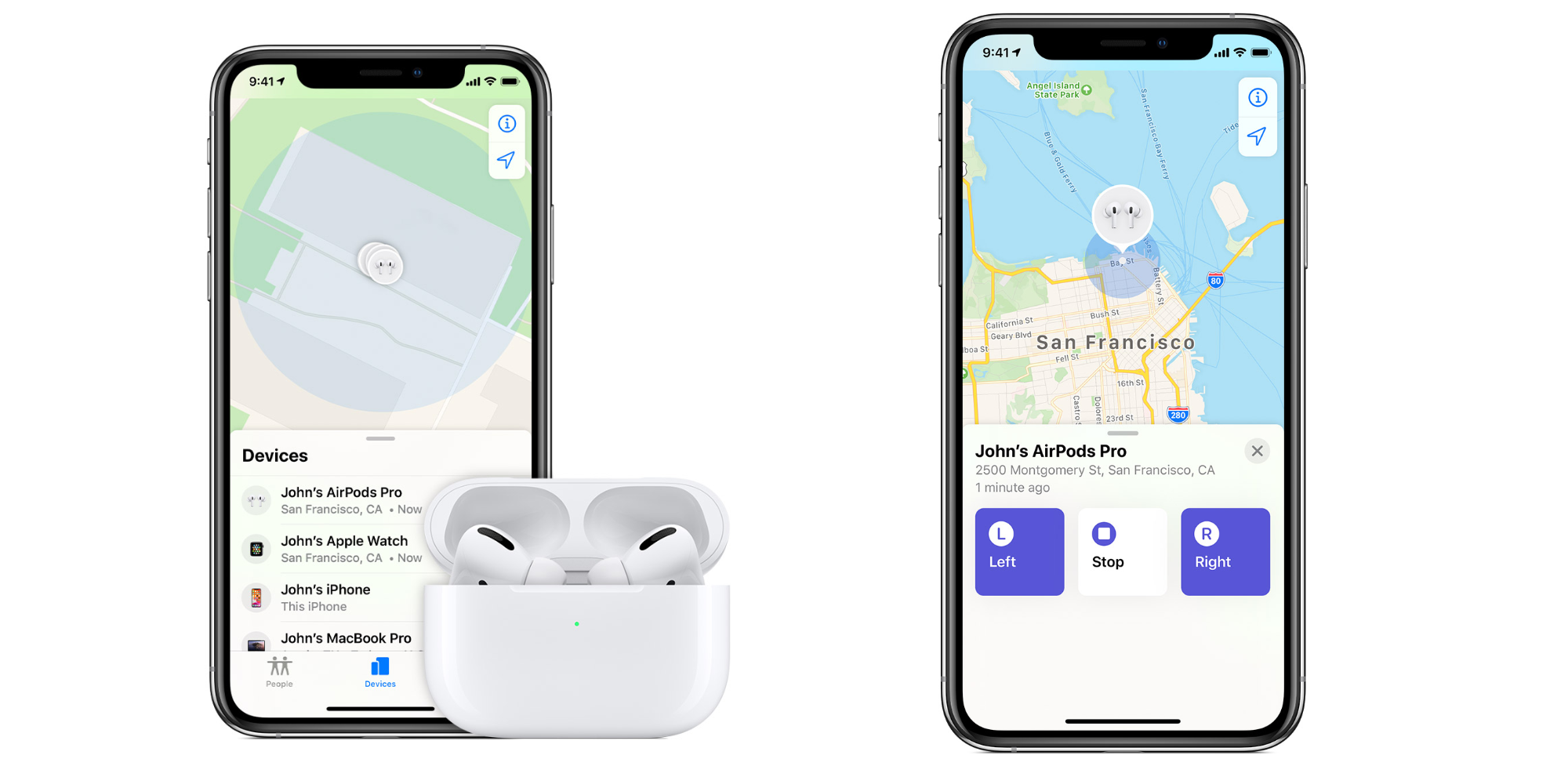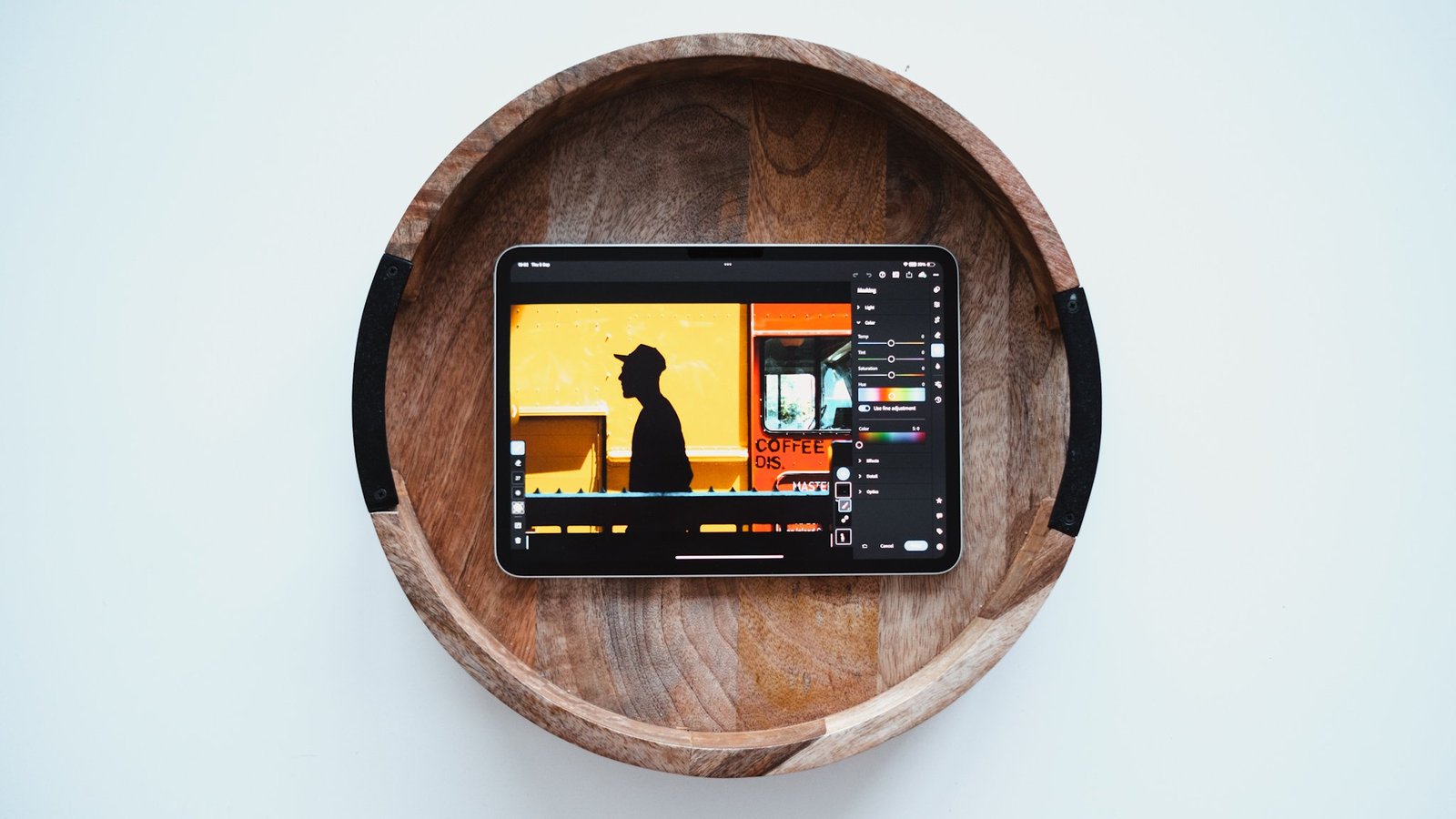Aicha Evans, CEO of Amazon-owned self-driving car company Zoox, recently tempered expectations for the rapid deployment of robo-taxis in New York City. Speaking at Fortune’s Brainstorm Tech conference, Evans acknowledged that while the technology is advancing, the complexities of operating in a dense urban environment like New York present significant challenges.
New York: The Ultimate Proving Ground
Sharma referred to New York City as the “holy grail” for robo-taxi companies, highlighting the potential market size and the unique challenges the city poses. The city’s complex traffic patterns, unpredictable pedestrian behavior, and harsh weather conditions make it a formidable testing ground for autonomous vehicles.
“New York is the ultimate proving ground,” Evans stated. “If you can make it there, you can make it anywhere.” However, she cautioned that achieving this goal is still a considerable distance away.
Technical and Regulatory Hurdles
While Zoox has made significant strides in developing its self-driving technology, Evans emphasized that there are still several technical hurdles to overcome before robo-taxis can become a common sight on New York City streets. These challenges include improving the vehicles’ ability to handle complex traffic scenarios, interact safely with pedestrians and cyclists, and operate reliably in adverse weather conditions.
In addition to the technical challenges, Evans also pointed to the regulatory landscape as a potential obstacle. Currently, there are no clear regulations governing the operation of autonomous vehicles in New York City. This lack of clarity could slow down the deployment of robo-taxis, as companies navigate the complex regulatory process.
A Measured Approach to Deployment
Despite the challenges, Evans remains optimistic about the future of robo-taxis in New York City. However, she stressed the importance of a measured and cautious approach to deployment.
“We need to make sure that we get this right,” Evans said. “Safety is our top priority, and we won’t deploy our vehicles until we are confident that they can operate safely in all conditions.”
Zoox is currently testing its robo-taxis in other cities, including San Francisco and Las Vegas. The company plans to use the data collected from these tests to refine its technology and prepare for eventual deployment in New York City.
The Road Ahead
While the timeline for robo-taxi deployment in New York City remains uncertain, Evans’ comments provide a realistic assessment of the challenges ahead. The development and deployment of autonomous vehicles is a complex undertaking, and it will likely take several years before robo-taxis become a regular feature of the city’s transportation landscape. However, with continued advancements in technology and a thoughtful approach to regulation, the dream of hailing a self-driving taxi in New York City may one day become a reality.

















Add Comment